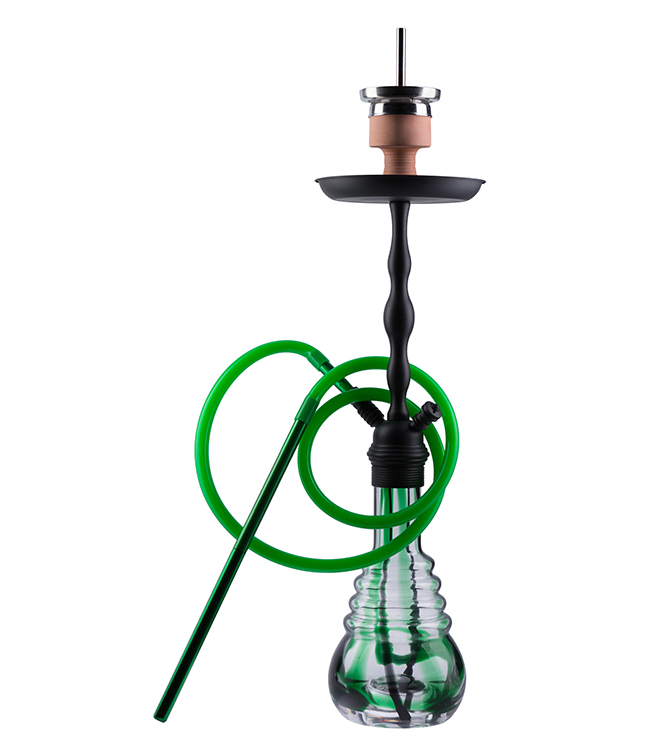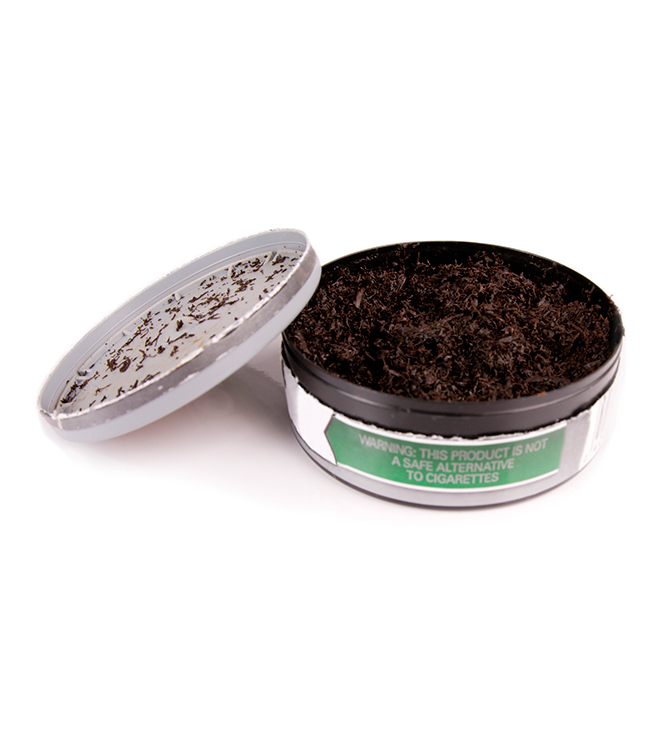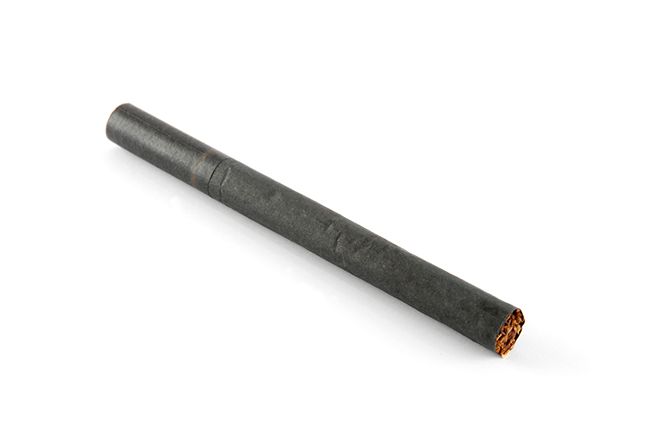Nicotine:
When Tobacco Is Burned & Inhaled:
Vaping:
(Sources: Termlifeinsurance.org, yahoo!Health, California Smokers Helpline)

Hookah (Water Pipe):
(Sources: French National Laboratory, Clevelandclinic.org, CDC, Rutgers.edu)

Smokeless Tobacco (Dip/Chew):
(Sources: American Cancer Society, CDC)

Cigars/Cigarillos:
(Source: California Smokers Helpline)

Cigarettes:
(Source: CDC)

Imported Cigarettes:
(Source: CDC)
